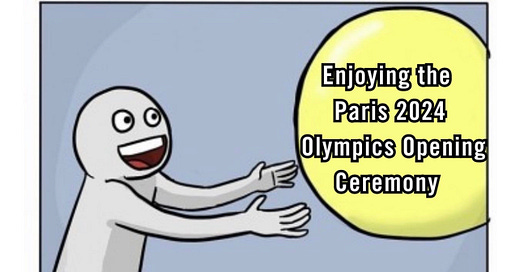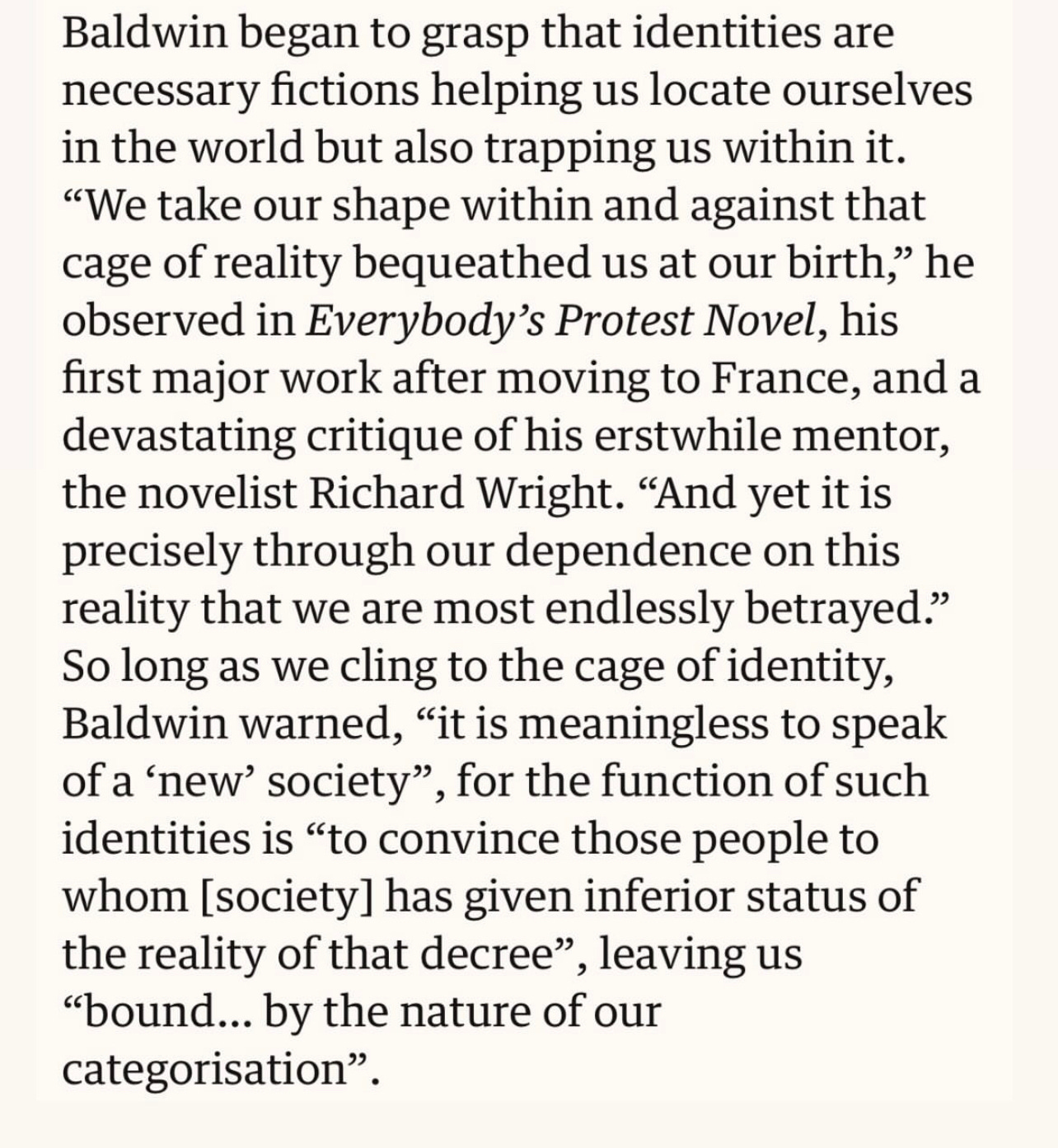This isn’t something, I usually write about on this newsletter but it’s important to me and I wanted to share. As always thank you so much for reading and please share your thoughts in the comments x
I remember when I was 15, I was part of a school exchange to France. It was the first time I had encountered the French hijab ban, and I didn't fully grasp its impact on me until this year. It altered my relationship with my hijab - it was no longer a passive choice, but one I was consciously observing, in a very attached way, some may call it codependency, I say strong. Perhaps it was the forced removal of my hijab that ignited a deeper understanding of its significance in my life.
As someone who observes the hijab, it’s incredibly strange to watch the discourse around the hijab play out. One thing is clear: those with the most to say often have the least stake in the matter. Whether it’s governments enforcing the hijab or banning it, it is invariably Muslim women who are constantly been told what’s best for them. I typically avoid engaging in these discussions, because I alway find myself having to justify my choice, despite it being a personal decision that in no way infringes on others.
Yesterday marked the official start of the Paris Olympics, but one group of athletes remains sidelined. The French government has reaffirmed its ban on the hijab, which extends to all aspects of public life in France. In September, France’s sports minister, Amélie Oudéa-Castéra, announced that this ban would be enforced during the Olympic Games. “This means a prohibition on any form of proselytising and a strict neutrality in public service,” Oudéa-Castéra stated. “Consequently, representatives of our French delegations will not be permitted to wear the headscarf.”
In March 2004, the French parliament enacted a ban on headscarves in schools, prohibiting “symbols or clothing that conspicuously demonstrate a pupil’s religious affiliation.” This move was framed as a commitment to laïcité - France's principle of secularism - aiming to ensure neutrality and remove religious symbols from public institutions. Supporters of the ban argued that it was a step toward liberating the country from outdated religious practices and distancing itself from external religious influences. The 1905 law that established laïcité was intended to guarantee freedom by separating church and state, allowing for the free exercise of religion, and ensuring equality before the law for all citizens, regardless of their beliefs. However, the current message seems to fall short of this ideal, particularly in its impact on Muslim women.
I often hear the argument that banning the hijab offers Muslim women greater freedom and access to a world without cultural or religious constraints. Supporters often cite countries like Afghanistan and Iran as examples where the hijab presents problems. Yet, this perspective only reinforces my belief that the real issue isn't the hijab itself, but the people imposing these rules, whether they are the Taliban or the French government. The French government's restrictions on wearing the hijab in sports severely limit opportunities for Muslim women. Forgive me, if I’ve clearly missed the point, but how does this ban equate to freedom and liberation?
France has faced substantial criticism from both domestic and international rights groups. The UN High Commissioner for Human Rights condemned the decision, stating, "No one should impose on a woman what she needs to wear, or not wear." Anna Błuś, Amnesty International's Women's Rights Researcher in Europe, added, "Banning French athletes from competing with sports hijabs at the Olympic and Paralympic Games mocks the claim that Paris 2024 is the first Gender Equal Olympics and exposes the racist gender discrimination underlying access to sport in France."
French Muslim athletes have voiced their frustrations and rightly so. French sprinter Sounkamba Sylla took to social media to express her dismay: "You’re selected for the Olympics in your own country, yet you’re barred from the opening ceremony just for wearing a headscarf." Basketball player Diaba Konate shared her heartbreak with BBC Sport, stating, "It’s deeply disappointing that France, which prides itself on freedom and human rights, is preventing Muslims from expressing their identity."
According to Amnesty International, hijab bans have significantly affected Muslim women and girls, leading many to quit sports or seek opportunities elsewhere. These bans conflict with the clothing regulations of international sports organisations like FIFA and FIBA. At this year’s Olympics, French Muslim women athletes will be unable to wear their hijabs, (and no the cap is not the same) while Muslim women from other countries can compete freely. What a mind fuck!
This feels relevant, you can read the full article here.
I am not here to advocate for the hijab; everyone has the right to choose whether to wear it or not. It’s evident that this issue is not about secularism or assimilation. Let’s call it what it is: patriarchy, racism and islamophobia at play, enforcing conformity and punishing those who resist.
Zeynab x






Great piece Zeynab x
Thank you for this eloquent piece of writing. It is very thought provoking and has made me cross I have been enjoying the Olympics but why is this misogyny allowed. And please don’t get me started on the boxing!